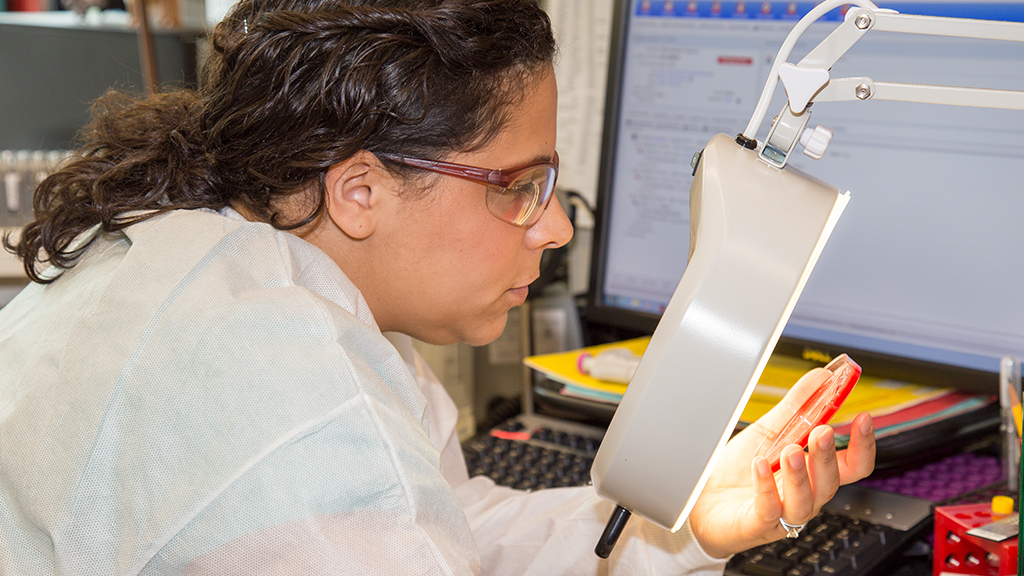Keeping your furry friends healthy helps them thrive. Veterinary testing facilities deliver accurate health assessments for companion animals.
This article, we’ll delve into how veterinary labs work, their key services, and how these services benefit your pets.
Understanding the Role of Veterinary Testing Centers
Veterinary testing facilities provide in-depth analysis of illnesses and diseases in animals. Veterinary clinics use their findings to ensure timely interventions.

Their operations generally features:
- Animal sample gathering: Blood, urine, feces, or tissue samples are retrieved during vet visits.
- Diagnostic tests: Sophisticated machines process the data.
- Analyzing test results: The lab delivers insights to the veterinarian for tailored medical advice.
Common Veterinary Tests for Pets
Pet diagnostic centers specialize in various diagnostic services to detect potential problems. Some of the most common tests include:
- Hematology panels: Detect anemia.
- Kidney function tests: Evaluate hydration levels.
- Fecal examinations: Detect intestinal parasites.
- Skin tests: Address skin irritations.
- Radiographic tests: Examine internal organs.
Why Regular Testing is Important for Your Pets
Periodic veterinary assessments is critical to preventing serious illnesses. Timely diagnosis allows for better outcomes.

The main advantages include:
- Proactive care: Ongoing support for your pet’s needs.
- Reassurance for your family: Stay informed about their health.
- Avoiding expensive treatments later: Early detection reduces long-term expenses.
laboratório veterinario
Why Veterinary Testing is Essential for Cats and Dogs
Relying on regular health assessments for your furry companions gives them the care they deserve. Animal diagnostic centers offer critical support to create personalized care plans.
Start using veterinary labs for routine care to keep them happy and thriving!